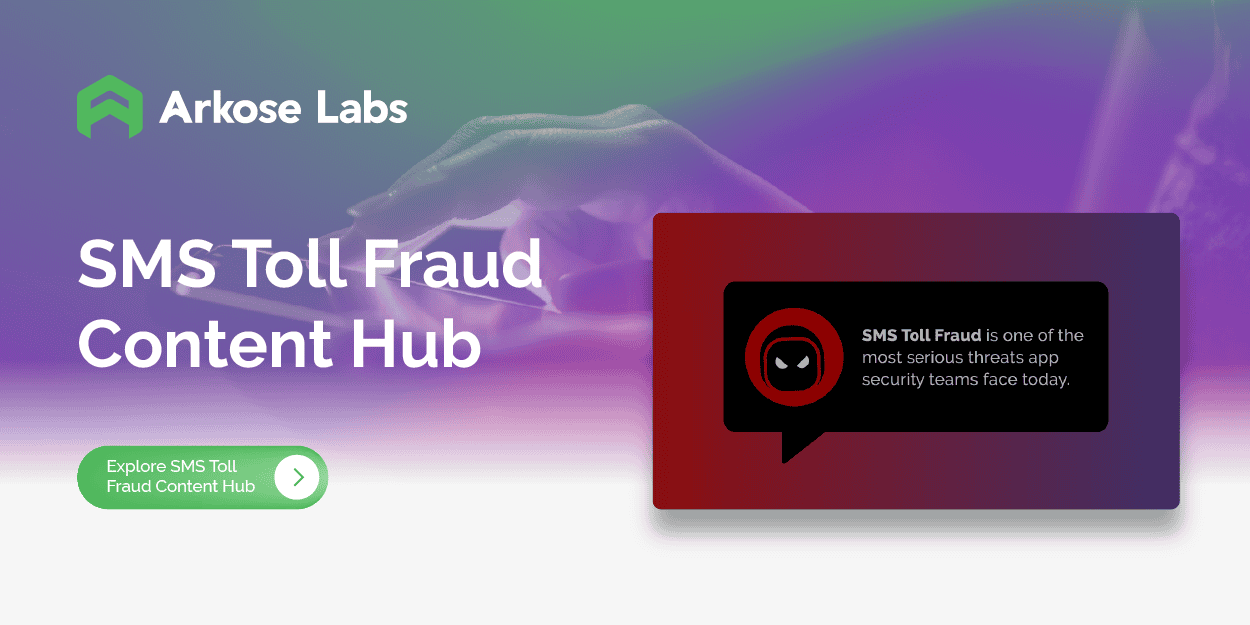The principal barrier against automated abuse and spam is CAPTCHA. They are the custodian of every website and app, deputed to tell human users and spammers apart.
The most common type of CAPTCHA challenges the user to type an obscured sequence of letters or digits that appear on the screen, or to discern abstracted images in a grid. For some, an encounter with a CAPTCHA is frustrating because everyday work is slowed down by distorted words that are difficult to read. However, to the diverse group of users who rely on assistive technology, this rudimentary user-identification procedure is chronically inaccessible. The Internet is a place for everyone, and yet many of its corners remain closed to the very people it intends to serve.
People of varied abilities, such as those with vision impairment or reduced fine motor skills, can face many difficulties when trying to complete seemingly straightforward tasks — like signing up to a new website, sending a message to a loved one, or buying tickets to a favourite band. These tasks rely on a CAPTCHA to prevent abuse, but they also rely on technology and challenges that cannot be overcome by people of varied abilities. For example, many common CAPTCHAs do not provide a text alternative for their controls, which prevents vision-impaired users from using screen readers to proceed. Additionally, users with reduced fine motor skills may not possess the dexterity needed to type an arduous sequence of letters. In this moment, people of varied abilities are often given few fall-back options and are forced to abandon their task.
Now, as the world becomes increasingly more connected, it is both our privilege and duty to ensure that all people are given equal opportunity to be a part of the online community. FunCaptcha is committed to providing these opportunities; championing accessibility support to position FunCaptcha as the most accessible CAPTCHA available on the market, in line with Section 508 Standards.
- FunCaptcha controls include a text alternative: This allows instructions and controls to be read by screen readers.
- FunCaptcha provides an audio alternative: This allows users with vision impairment to complete verification by listening to a sound file.
- FunCaptcha does not require JavaScript: This ensures all content and functionality is both accessible to, and controllable by, assistive technology.
- FunCaptcha does not require any additional apps or plugins to be completed: This means the normal functionality is natively available to the user agent (browser) on-the-spot.
- FunCaptcha is navigable without a pointing device: This allows controls to be tabbed through on desktop, as well as touched on mobile.
- FunCaptcha does not use repetitive navigation links: This ensures instructions and controls are placed in their focus order, and users begin at the main content.
We will always strive to ensure the verification experience of FunCaptcha remains accessible to people of all abilities. We’re also mindful that accessibility standards can be challenging to get right for everyone, so we’ll be paying close attention to feedback from our diverse group of users. If you’d like to suggest an improvement, or request additional support, we’d love to hear from you.








